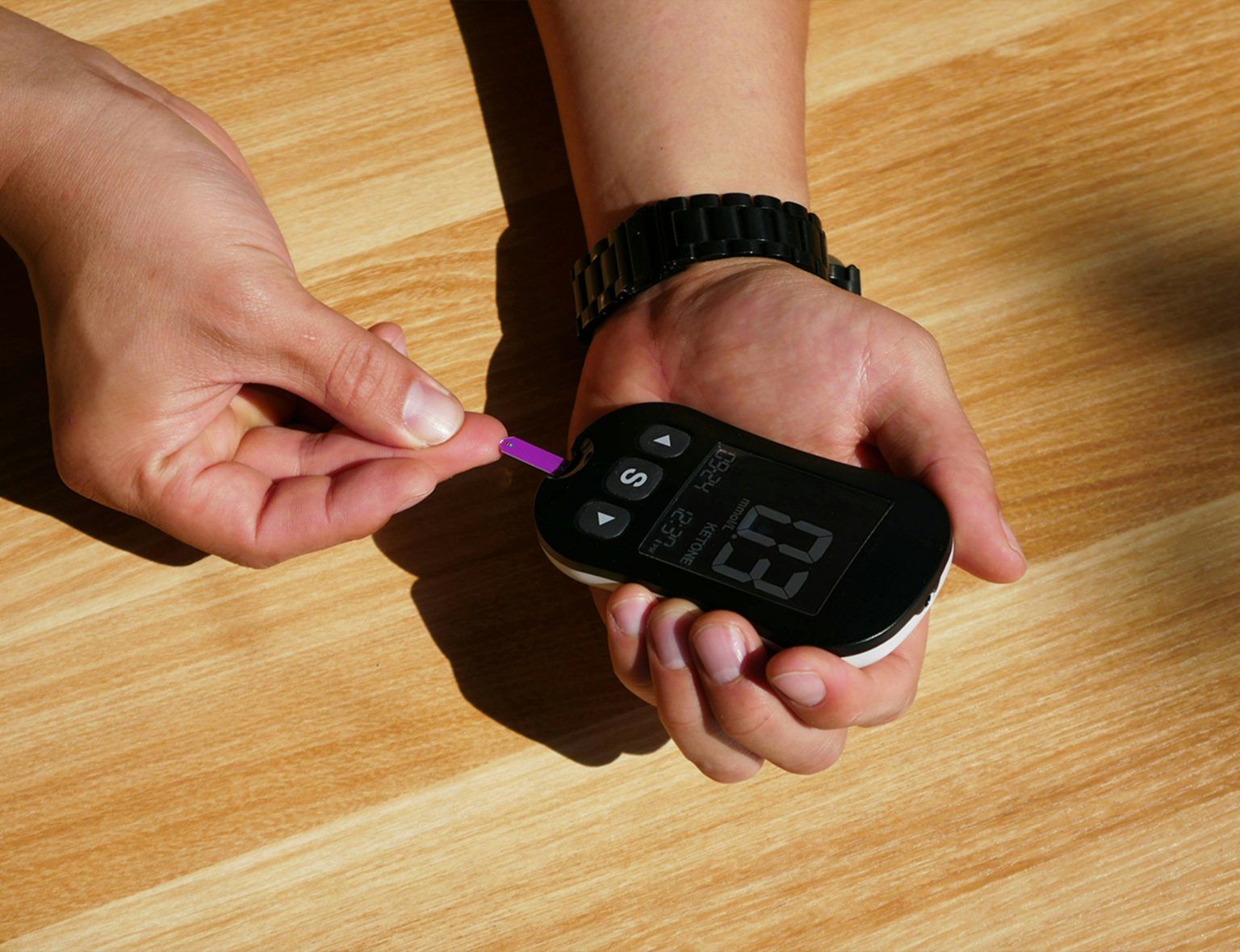Venturing into the realm of ketosis presents a plethora of health advantages, and verifying your ketosis status doesn’t necessitate intricate tests. Conveniently, you can undertake these evaluations at home, empowering you with ongoing insights into your health status. Eager to uncover the most effective methods tailored to your needs? Dive deeper to master everything essential.
The Importance of Ketone Measurement
Monitoring ketone levels is pivotal for fine-tuning your ketogenic diet for peak effectiveness. Here’s why measuring ketones is a cornerstone practice:
- Assessing Metabolic State: Initially, quantifying ketone bodies is crucial to confirm your entry into ketosis.
- Diet Customization: Given individual physiological differences, personalizing your diet becomes possible through measurement.
- Optimizing Results: Achieve the zenith of health benefits by maintaining ideal ketone levels.
- Preventing Ketoacidosis: For individuals with type 1 diabetes, monitoring wards off excessive ketone production, a health hazard.
- Boosting Motivation: In moments of doubt, observing tangible progress can fortify your commitment to the ketogenic path.
Top Techniques for Ketone Assessment
Commence your ketone monitoring journey approximately two weeks into your ketogenic diet, aligning with your body’s adaptation phase. Regular, consistent checks, ideally daily or at routine intervals, refine your dietary approach, propelling you towards your goals. Explore ketone measurement through urine, blood, and breath analysis.
Urine Testing:
Utilize specific ketone test strips for a straightforward, budget-friendly urine ketone assessment. Collect a morning urine sample, immerse the strip, wait as instructed, then compare the color change against the provided scale. While this method is accessible and affordable, its accuracy may falter over time or due to hydration levels, especially for long-term ketogenic followers.
Blood Analysis:
For precision, a ketometer is your go-to, capable of concurrently tracking glucose. Measuring blood’s beta-hydroxybutyrate levels requires a small finger prick, offering rapid, accurate readings. Despite its precision and speed, the method’s drawbacks include the initial discomfort of a finger prick and the cost of the device and strips.
Breath Testing:
A specialized analyzer gauges acetone in your breath, reflecting ketone levels. Though it presents a non-invasive option, its accuracy and the device’s cost are considerations. Unlike urine or blood methods, no ongoing expenses for strips are incurred.
Understanding Blood Ketone Levels:
Navigating ketosis requires awareness of blood ketone concentrations, which is key to avoiding ketoacidosis and optimising dietary benefits. Ideal levels range from 1.5 to 3.0 mmol/l, according to beketo.uk, with different stages of ketosis identified by specific concentrations:
- Mild Ketosis: 0.5-1.5 mmol/l
- Moderate Ketosis: 1.5-3.0 mmol/l
- Severe Ketosis: Over 3.0 mmol/l
Conclusion:
For those navigating a ketogenic diet, ketone measurement is invaluable, offering insights to fine-tune your diet for health and safety. With the methods outlined, selecting the most suitable for your journey ensures you stay informed and on track towards your dietary objectives.



